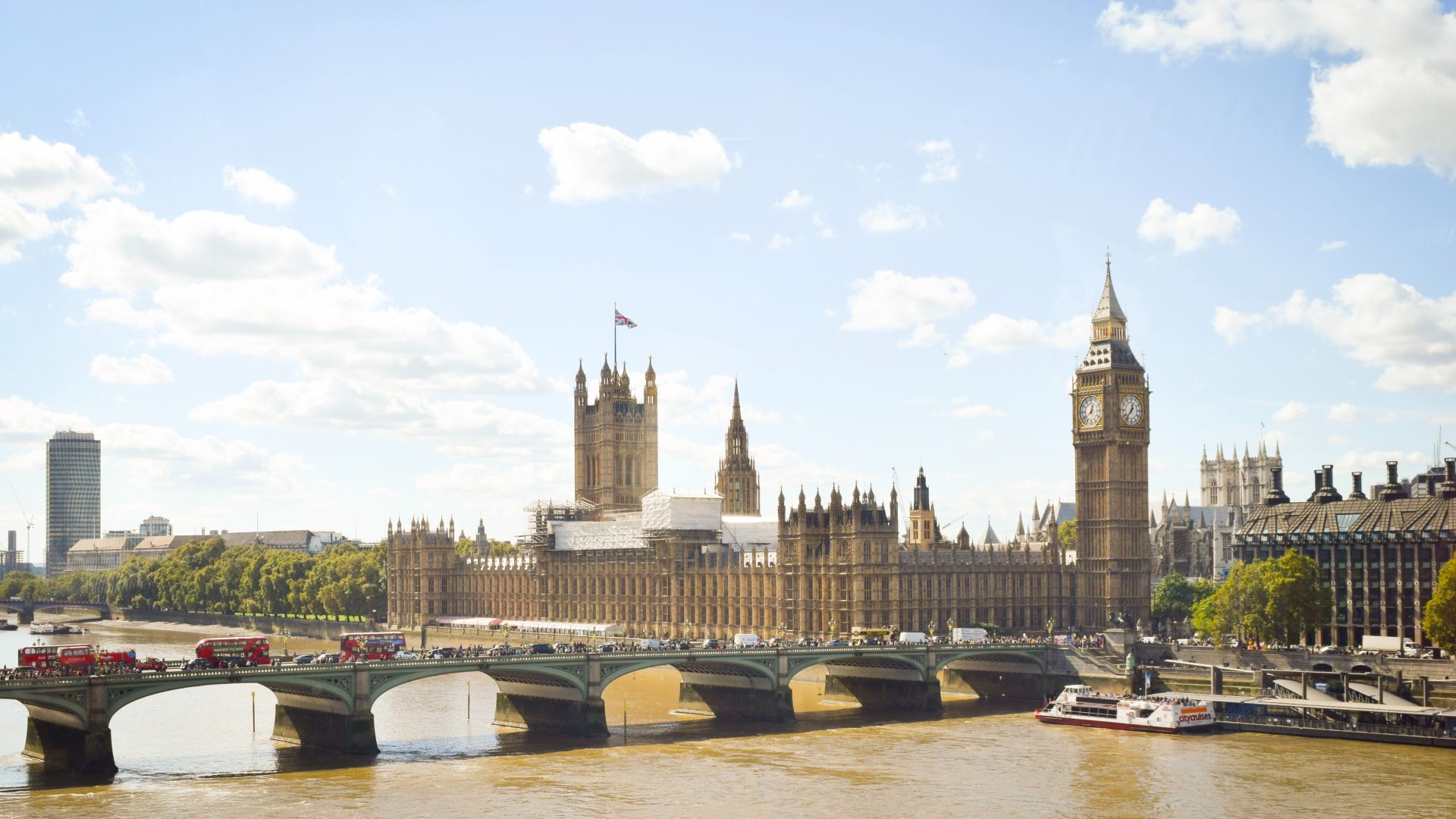
Dirty Politics and hollow press releases – just another day in Westminster
Yesterday was a big day in parliament for sewage pollution with a 3-hour debate being held on the issue. If you were any where near social media after the debate, you’ll have seen all sides of the political spectrum lobbing accusations at one another, blaming the other side for voting to continue to dump sewage.
Now the dust has settled slightly, we wanted to take a step back to try and explain what happened. Here’s where we see if it’s had an impact on ending sewage pollution.
What was the debate on?
MPs were debating sewage pollution. Specifically, whether to give parliamentary time to a, very welcome, new Labour Water Quality (Sewage Discharge) Bill. The Bill aimed to:
– Set a legal target to reduce sewage discharges by 90% by 2030,
– impose automatic fines for sewage dumping and failure to report sewage dumping, and
– require government to publish a strategy for the reduction of sewage discharges and regular economic impact assessments.
We are calling for the introduction of a legal target to reduce sewage discharges by 90% by 2030. So, of course we welcomed Labour including this target into their Bill. We therefore called for MPs to give the Bill the time it needed to be scrutinised properly.
What happened in the debate?
Throughout the debate we heard a lot of sh*t talking from all sides, with MPs seemingly wanting to use the session to simply score political points against one another. But in amongst all the name calling, MPs did raise some important points.
Labour consistently highlighted the effects on people’s health and the economy that the near constant dumping of sewage is having. They also highlighted our findings that Water Companies have been profiting from pollution, paying out £965 million in shareholder dividends last year rather than investing in tackling the sewage scandal.
The Government defended their record on sewage pollution, highlighting the action they have taken to improve monitoring of storm overflows. This is, of course, true. After years of campaigning by us at SAS, the Environment Act will now ensure that 100% of storm overflows soon be monitored. But we know their plans do not go far and fast enough and allow water companies to continue profiting out of pollution.
Back benchers from all sides also raised the important point that water companies are only legally permitted to use overflows to discharge untreated sewage in extreme weather events. A legal obligation water companies, regulators, and successive governments have turned a blind eye to.
What did MPs vote on?
This is where the dirty politics began. Labour have openly admitted that they were using the debate as an election tactic, to try and embarrass the government. But not to be outdone in the game of politics, the government did their own bit of shadowy parliamentary maneuvering that watered down the motion, forcing MPs to vote on continuing with the status qou.
What has actually changed?
Instead of getting a bold and ambitious target to reduce sewage discharges by 90% by 2030 the only change that came out of the day is that the government will now enshrine their woefully inadequate targets into law. Remember, they’re the targets which will allow polluters to keep on polluting right up until 2050. So, when we say change, we mean that in the loosest possible way. What has really happened is the government have yet again dressed up an old announcement to grab a headline.
What happens next?
If there is one thing that we can take away from this whole saga, it’s that the stink of the sewage scandal is still lingering over parliament.
Public pressure from campaigners is keeping sewage pollution right at the top of the political agenda and we have no intention of letting that pressure up.
So, if you’ve had enough of these political games, join us for Surfers Against Sewage’s National paddle-out on 20th May. It’s time to send a message to the profiteering polluters and complicit politicians that the time for games is over. The time for action is now.
– Henry Swithinbank, Policy and Research Manager
